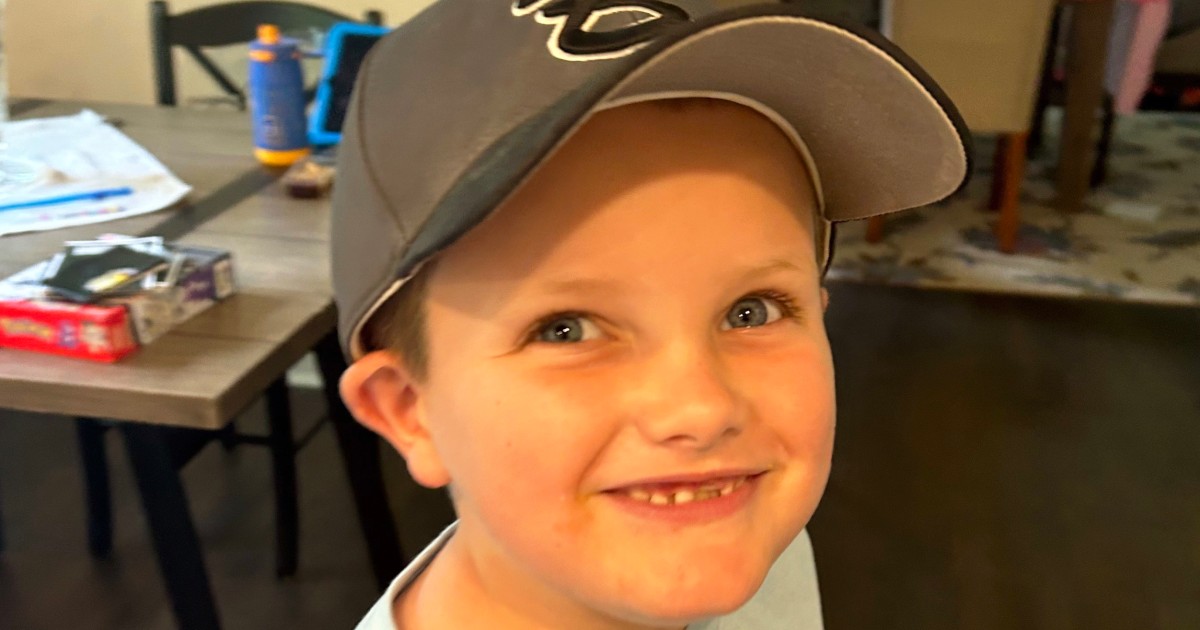So it begs the question :
"is AI a bit like someone with a brilliant memory and instant recall but little intelligence, and/or capacity for originality?"
Does AI, that beats the vast majority of humans on most exam benchmarks, IQ tests, and all humans on knowledge, lack intelligence? Us humans are always making stupid mistakes, yet we give ourselves a pass.
In 10 years time...
Human: "Those supposed super-intelligent AI's lack intelligence and just regugitate patterns. I know they solved death, energy, suffering, but they can't think!"
AI: "Those humans, they still don't get it. They just do the same, but worse."
Human: "Alexa, what's the weather today, do my accounts, 3D print me a dinner, give me a medical report, create me a TV episode, and solve the meaning of life."
For those who are interested, psychologists measure intelligence using IQ. And IQ is composed of "fluid intelligence" and "crystalised intelligence". The latter is essentially what you know. So memory does come into it.
Edit: I argued with someone who had a PhD in neural networks about whether or not AI's just regugitate information, which was his position. My argument was that so do humans, just using wetware, our biological substrate instead of silicon. Perhaps each person has a philosophical take on what intelligence actually means, with some believing in soul and some higher more spiritual aspect to it.
Edit2:
Just a potential insight...
Zoomed in view: It just regurgitates, as you understand how it works, kinda. It is not thinking, just statistical patterns. You look at how each word is predicted and you see how it works.
Zoomed out view: It thinks. The aggregation of all these tiny statistical patterns is what thinking actually is.
Or, if I want to zoom in to the atomic scale, thinking is just cause and effect + patterns, physics working at the most basic level, be that classical or quantum. In fact there is an analogous situation going on here. Classical physics is an aggregation of the statstical likelihoods at the quantum level. We think an electron is at x position in classical physics, but that is based on a probability distribution at the quantum level. This is similar to the zoomed in and out argument I just made above. Bit waffly but hope you got the gist.

 tribune.com.pk
tribune.com.pk

